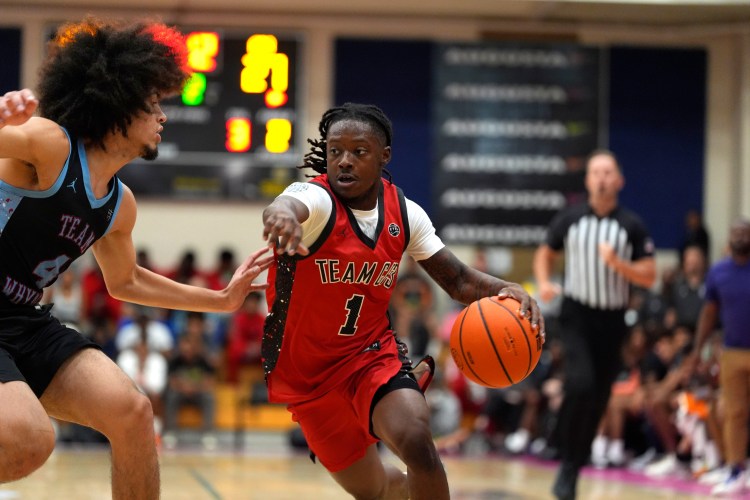Duke basketball recruiting under head coach Jon Scheyer is evolving—and “a change of pace” seems underway. Historically known for stacking rosters with towering, versatile athletes, Scheyer is now weaving in more dynamic, smaller-guard types—without abandoning the big-bodied team DNA that’s defined the program.
Last season, Duke’s roster featured no player shorter than 6‑5 (excluding walk-on Spencer Hubbard) . This emphasis on size and length aligned with Scheyer’s vision for physical dominance. But a rising star in the recruiting trail may throw a delicious curveball: Dionte Neal, a 5‑9 point guard from Reidsville, is making serious noise. Known for his explosive competitiveness across both football and basketball, Neal impressed at Peach Jam and is drawing attention from Duke, UNC, Boston College, and others .
Neal’s court energy and winning mentality have earned high praise—his CP3 teammate raved: “He wins in legit every single thing… He’s a winner. He’s the best winner in the country.” That attitude, combined with his dual-sport athleticism, could make him a fan favorite in Cameron Indoor Stadium because he brings soul alongside skill .
But the “change of pace” goes deeper than one recruit. It reflects a broader shift in Scheyer’s recruiting blueprint. While still pursuing high-end prospects like the Boozer twins and Nikolas Khamenia, Duke is also leaning into continuity and internal development. Players like Isaiah Evans and Maliq Brown, who chose to return instead of entering the portal, signal Scheyer’s willingness to build around homegrown talent .
This recruitment evolution balances elite size and length with a wink toward shifty, competitive playmakers. It offers roster versatility and positional diversity—and it’s perhaps a savvy response to the fast-paced, positionless era of modern college basketball. Whether Neal commits or not, the attention he’s drawing suggests Duke is open to a new type of fit: one that values heart, quickness, and a winning mindset as much as stature.
In true Duke fashion, it’s not about abandoning tradition—it’s about evolving it. Scheyer is crafting a team that reflects the program’s identity but adapts to today’s game. And with this nuanced approach, Duke continues to stay ahead of the curve.





























